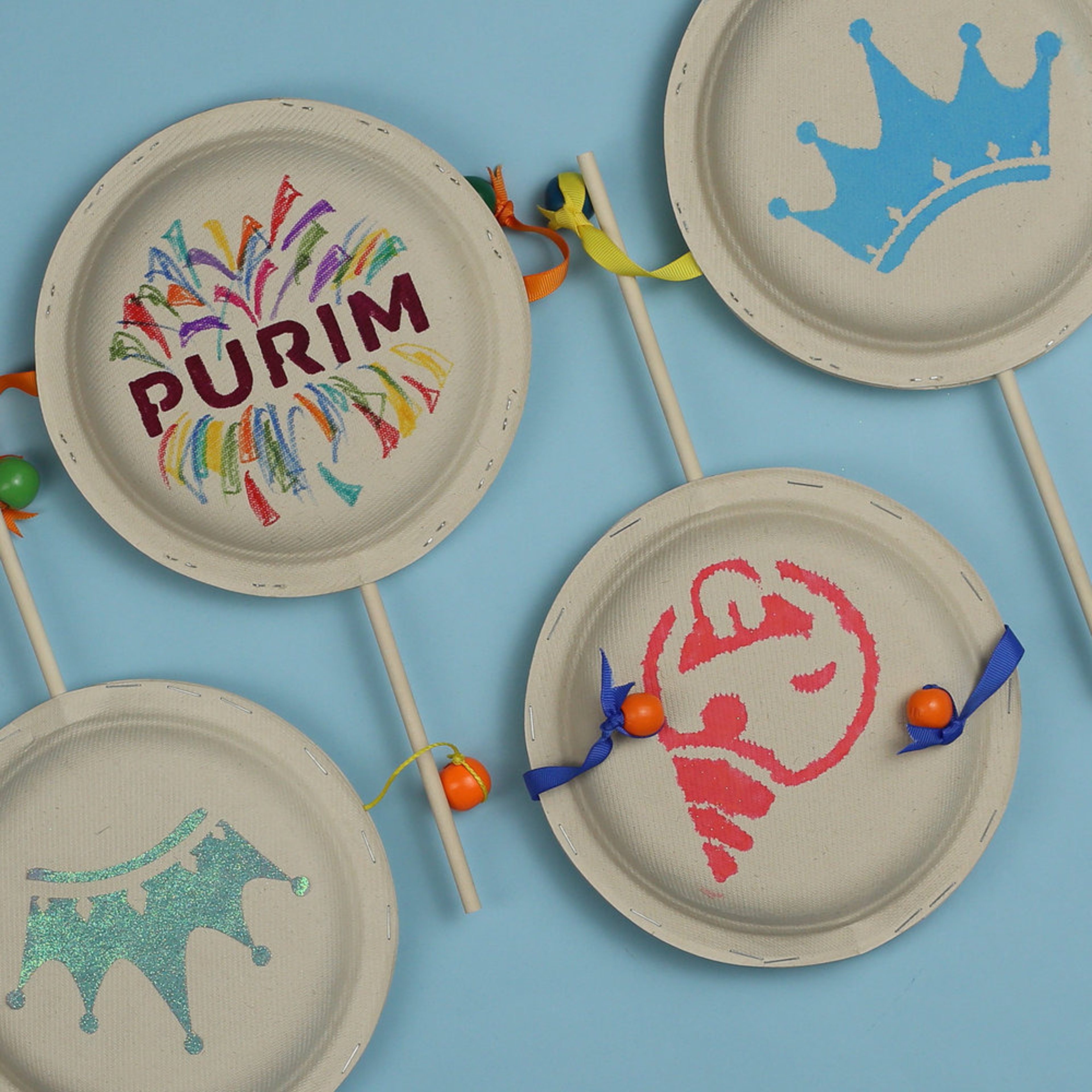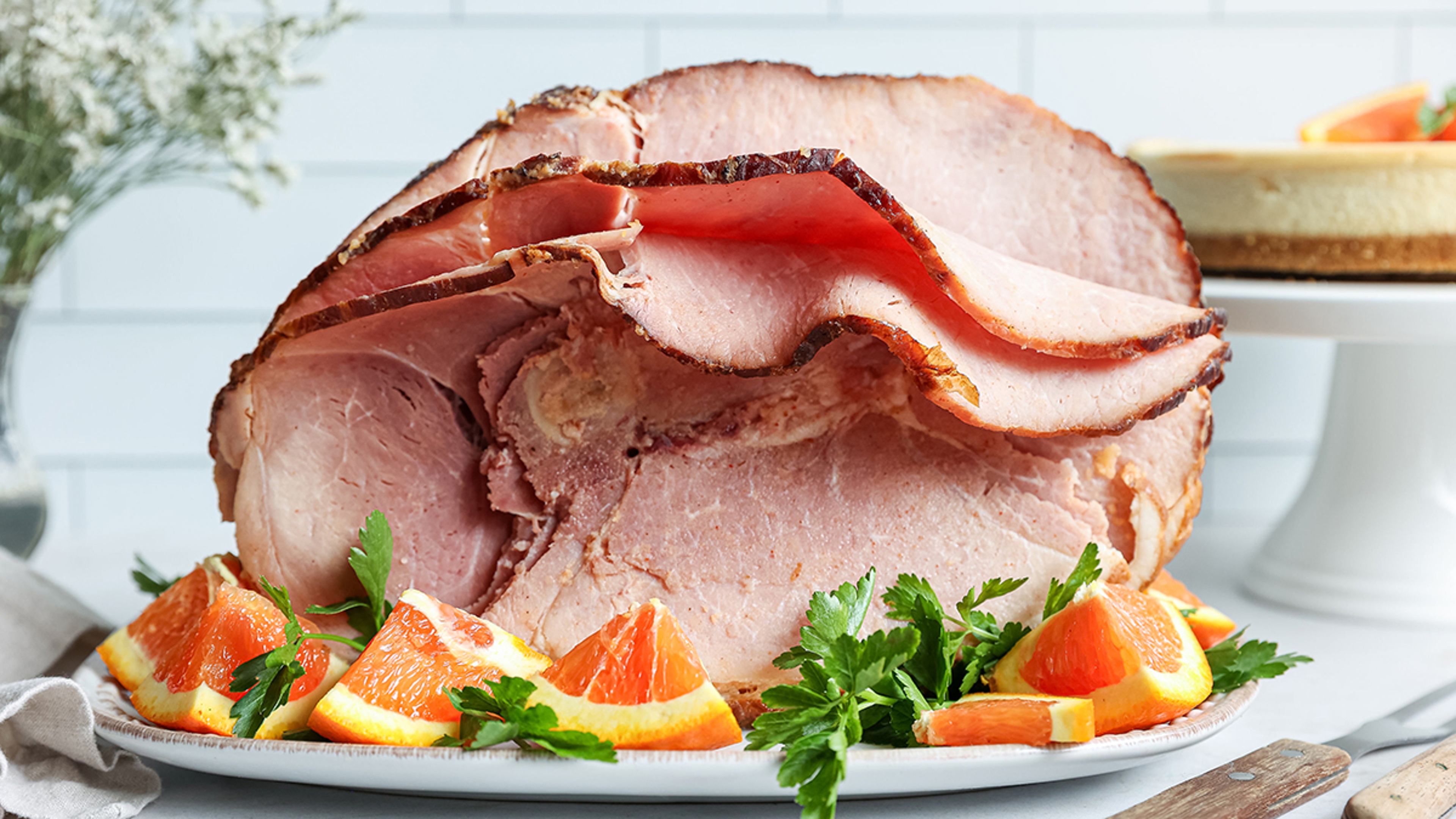Pumped for Purim: A Jewish Holiday Full of History and Fun
Purim is a beloved Jewish holiday that dates back centuries. Learn all about the history of this joyous tradition.
Mar 10, 2022
Halloween isn't the only holiday where adults get festive and everyone dresses in costumes. Purim is another celebratory occasion with an interesting background.
A little history on Purim
Purim is a holiday based on historical events that took place in ancient Persia about the 5th century B.C. An evil advisor to King Ahasuerus named Haman wanted to kill all the Jews. His plan was foiled by the king's new wife, Esther, once she told her husband that she, too, was Jewish and got him to see the humanity in everyone. The plan was devised by her uncle Mordechai, for which he is celebrated as a hero of Purim alongside his niece.
Purim means “lots" in Hebrew, like the kind you'd use for a lottery. The term was coined in the scroll that tells of the story of Purim and dates back to the time of the story. The word “lots" refers to the circumstances surrounding the history of the holiday, in which fate seemed to draw a horrible lot for Persia's Jews. But, in a miraculous reversal, what seemed like certain doom turned into a celebration: The villain was punished, and love ultimately won.
Adults celebrate
Traditionally, everyone (of proper drinking age) drinks alcohol on Purim as to not be able to tell the difference between Haman and Mordechai. The drink of choice is usually
wine, so grab a
bottleof something you love and celebrate Purim with all your Jewish friends and allies.

Kids get loud
If you thought the booing was invented by sports fans, think again. Purim is all about booing the evil Haman. Traditionally, the story of Purim is read out loud from a special scroll (appropriately named Esther's Scroll). Every time you hear Haman's name, you're supposed to shake a specific noisemaker called a grogger as hard as you can. Kids love it, but adults are welcome to use the grogger too, of course. Find what you need to make one at home from Days United.
Dressing up in costumes
Jews dress up in fun costumes on Purim. This tradition stems from Queen Esther having to first disguise her identity until she could trust the king to learn the truth about Haman's intentions.
The official holiday of gift baskets
Any holiday with gift baskets has our attention. One of the sweetest Purim traditions is sending care packages, called "mishloach manot" in Hebrew, to friends and relatives. With the season for warm socks and sweaters behind us, a gift basket of food makes the perfect gift. We happen to have many to choose from.
A triangle cookie?
There are a variety of versions as to why the cookies are triangular, most notable is that the evil Haman had very distinctive “triangular" ears. So, to celebrate the defeat of his evil plan, Jews eat triangle-shaped cookies on Purim called hamantaschen. (In Israel, these cookies are called oznei haman, which means "Haman's ears.") Traditionally, they can be made from either hard or soft dough, with the edges folded toward the middle, making the outside look like a triangle. They are usually filled with sweet poppy seeds or your favorite preserves. A simple recipe is to make chocolate chip cookie dough, and then shape it into triangles and fill them with various jams.
Historical re-enactments
Purim is a great holiday for theater kids. The miraculous survival of the entire people and a story involving treachery, benevolence, colorful characters, and shocking plot twists are the perfect excuse for a creative re-enactment. In fact, there is a Jewish theatre company in Philadelphia called A Very Awesome Purim that puts on a Purim production every year with a different theme. Past shows include a Very Beatles Purim and a Very Disney Purim.
Ready to party for Purim?
Some communities read the story of Purim written in the Scroll of Esther, some pray as well, and others simply party. Keep in mind that Jewish holidays start the previous day at nightfall. This year, Purim begins on sundown on March 16 and continues until sundown on the next day. It's the perfect chance to send gift baskets, fulfill the drinking and dressing up in costumes part of the holiday tradition, and still get plenty of sleep before the next major Jewish holiday. (Hint, it's the one with lots of matzah.)
.svg?q=70&width=384&auto=webp)







